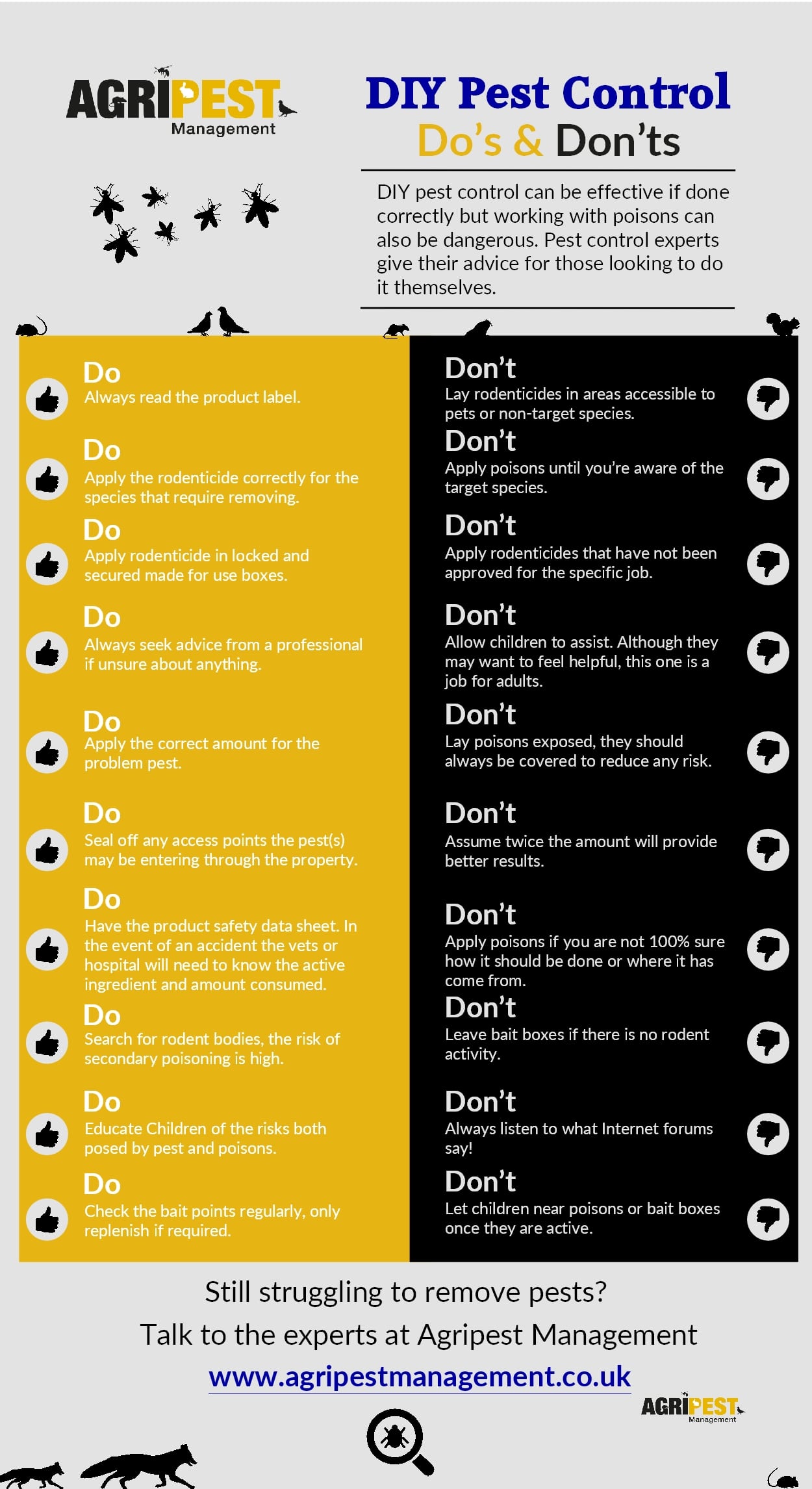Pest-Proofing Your Yard: Tips For Keeping Outside Parasites At Bay
Pest-Proofing Your Yard: Tips For Keeping Outside Parasites At Bay
Blog Article
Write-Up By-Castaneda Hartvig
Envision your garden as a sanctuary, a location of peace and elegance. Nonetheless, the existence of exterior insects can promptly interrupt this idyllic image. Suppose there were basic yet reliable ways to maintain these undesirable visitors away and secure your yard sanctuary? By complying with a few functional ideas and implementing all-natural methods, you can develop an unified outside space where your plants can flourish uninterrupted.
Natural Parasite Deterrents
To maintain parasites far from your garden naturally, plant fragrant herbs like mint and lavender. These fragrant plants not only include beauty to your yard yet also function as efficient parasite deterrents. Pests like mosquitoes, flies, and even some garden-damaging bugs are driven away by the solid scents emitted by these herbs. Simply positioning them purposefully around your yard can assist develop an all-natural obstacle against unwanted pests.
Along with mint and lavender, think about planting other natural herbs like rosemary, basil, and lemongrass to better enhance your garden's pest-proofing abilities. These natural herbs not only act as all-natural repellents but also have actually the added benefit of being useful in food preparation or crafting homemade remedies.
Strategic Plant Placement
Think about the design of your yard and the types of plants you need to tactically put them for optimum pest-proofing effectiveness.
Beginning by grouping https://www.wcvb.com/article/the-rescuers-saving-and-rehabbing-wildlife-in-massachusetts-and-working-to-find-homes-at-the-animal-rescue-league-of-boston/37504771 with similar resistance to pests with each other. By doing this, you can produce a natural barrier that hinders insects from spreading throughout your yard.
Additionally, positioning pest-repelling plants like marigolds, lavender, or mint near even more vulnerable plants can assist shield them. https://how-much-does-snake-remov84051.blazingblog.com/32066656/eco-conscious-pest-control-sustainable-solutions-for-a-healthy-home , such as sunflowers or corn, can function as a guard for much shorter plants versus bugs like rabbits or ground-dwelling bugs.
Remember to leave sufficient area in between plants to improve air flow and lower the danger of illness that pests could bring.
In addition, take into consideration growing strong-smelling natural herbs like rosemary or basil near susceptible plants to puzzle bugs' senses and make it harder for them to locate their targets.
Effective Insect Control Approaches
For combating garden insects effectively, carrying out a multi-faceted insect control strategy is vital. Beginning by urging natural killers like birds, ladybugs, and praying mantises to help keep parasite populations in check. Presenting plants that bring in these beneficial insects can aid in insect control. Additionally, practicing great garden health by eliminating debris and weeds where bugs may conceal can make your garden less welcoming to undesirable visitors.
Think about utilizing physical barriers such as row cover fabrics or netting to protect susceptible plants from parasites like caterpillars and birds. Using organic chemicals like neem oil or insecticidal soap can additionally be effective against specific insects while being much less damaging to helpful insects and the setting. It's vital to revolve your plants each period to prevent the build-up of bug populations that target particular plants.
Consistently examine your plants for indications of parasite damages so you can take action without delay. By combining these techniques and remaining alert, you can properly regulate yard insects and appreciate a flourishing, pest-free garden.
Final thought
So, there you have it - with the ideal strategies, you can keep pesky outside pests away from your yard and assist your plants flourish.
Did you recognize that planting mint has been shown to ward off mosquitoes and other pests, minimizing the requirement for dangerous pesticides by approximately 60%?
By including natural deterrents and smart growing strategies, you can develop a lovely and pest-resistant yard sanctuary for you to delight in.
